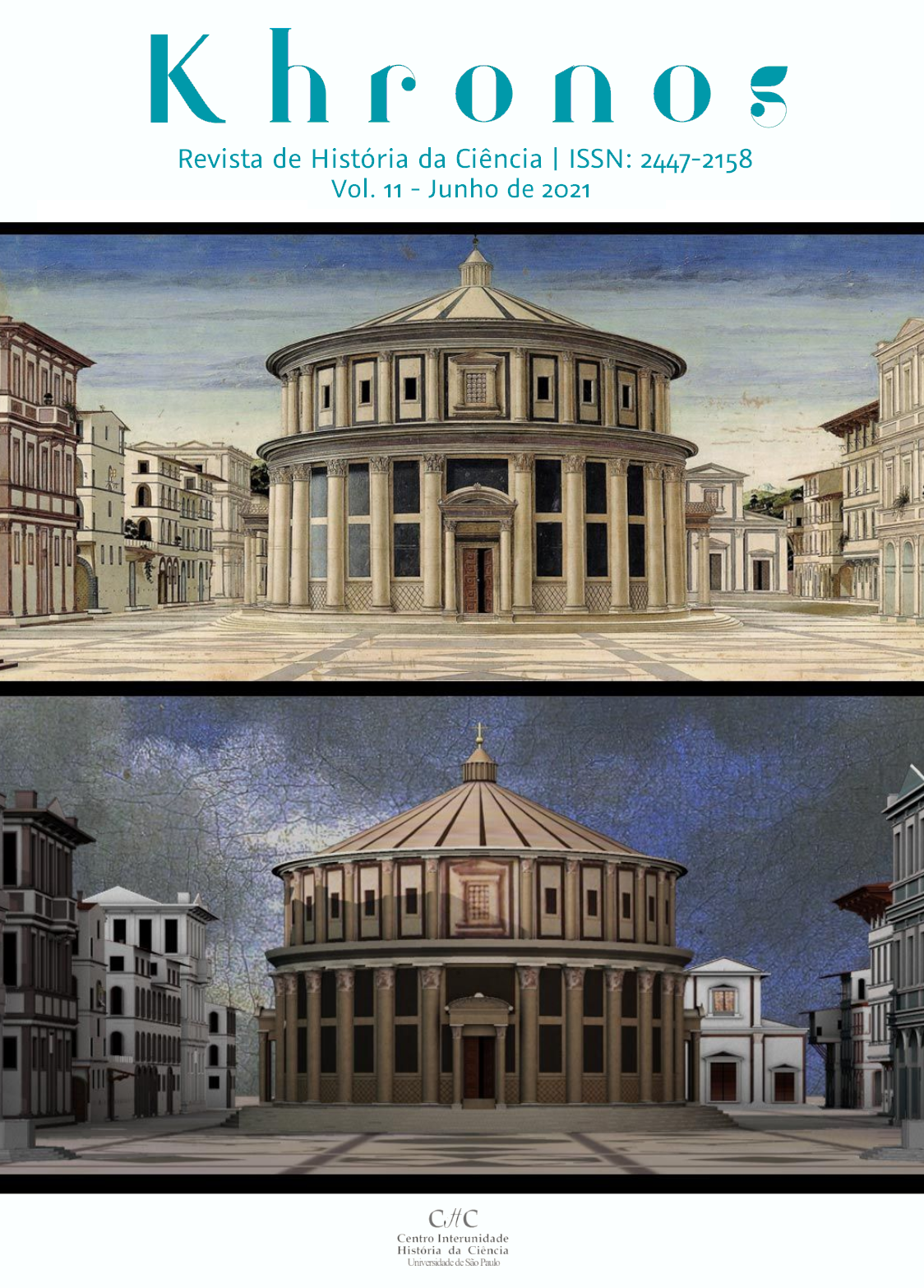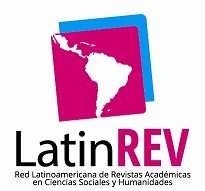Beyond theory and practice
The contributions of the History of Sciences to the overcoming of the linear model of scientific development
DOI:
https://doi.org/10.11606/issn.2447-2158.i11p73-87Keywords:
History of Science and Technology, Science and Technology Policy, Technological Innovation, History of Knowledge.Abstract
This article intends to analyse the historical process of the relation between these three elements: technique, technology and science. It also intends to auscultate the (often) false dicotomy between the notions of theory and practice in the History of Science. Through the survey of the dynamics of these categories throughout time, we look to reflect on the way scientific knowledge is produced, being frequently more complex and diverse than the assumptions based on a linear causality and a knowledge production through stages; even tough, these models often guide the investment policies on S&T and are reproduced on a large social scale.
Downloads
References
BELTRÁN, Antonio. Revolución científica, Renacimiento e historia de la ciencia. Madrid: Siglo XXI de España Editores, 1995, p. 38.
COHEN, Floris. The Scientific Revolution – a historiographical inquiry. Chicago: The University of Chicago Press, 1994, 331-2.
HESSEN, Boris. As raízes sociais e econômicas do “Principia” de Newton. In: BUKHARIN, N. I. (org.). Science at the crossroads. Frank Cass & Ltda, p. 37-55, 1971.
HUGHES, Thomas. American Genesis: A Century of Invention and Technological Enthusiasm, 1870-1970. Chicago, United States: University of Chicago Press, 2004, p. 27.
KOESTLER, Arthur. O homem e o Universo: como a concepção do Universo se modificou através dos tempos. São Paulo: IBRASA, 1989, p. 8-9.
MAGALHÃES, Gildo. Ciência e ideologia: uma excursão à história em torno da ideia de progresso. São Paulo: Intermeios, 2017, p. 40.
MARQUES, Fabrício. Os impactos do investimento. São Paulo, Revista Pesquisa Fapesp, ed. 246, p. 16-23, ago. 2016, p. 16.
ROSSI, Paolo. Os filósofos e as máquinas, 1400-1700. São Paulo: Cia. das Letras, 1989, p. 57.
STOKES, Donald E. O quadrante de Pasteur: a ciência básica e a inovação tecnológica. Campinas, SP: Editora da Unicamp, 2009, p. 16.
SZMRECSÁNYI, Tamás. Esboços de História Econômica da Ciência e da Tecnologia. In: Da Revolu-ção Científica à Big (Business) Science – Cinco Ensaios de História da Ciência e da Tecnologia. São Paulo-Niterói: Ed. Hucitec-Ed. da UFF, 2001, p. 70
ZILSEL, Edgar. As raízes sociais da ciência. Tradução por: Flávio M. P. Santos. Khronos, Revista de História da Ciência, nº 6, pp. 113-116. 2018, p. 114. Disponível em: revistas.usp.br/khronos. Acesso em: 29/12/2020.
ZILSEL, Edgar. The social roots of modern science. Dordrecht/Boston: Kluwer Academic Publishers, 2000, p. 9.
Downloads
Published
Issue
Section
License
Copyright (c) 2021 Gabriel Kenzo Rodrigues

This work is licensed under a Creative Commons Attribution-NonCommercial 4.0 International License.
Authors who publish in this journal agree to the following terms:
- Authors retain the copyright and grant the journal the right to first publication, with the work simultaneously licensed under the Creative Commons Attribution License in the "Attribution-NonCommercial 4.0 International" (CC BY-NC 4.0) modality that allows sharing of the work with acknowledgment of authorship and initial publication in this magazine.
- Authors are authorized to assume additional contracts separately, for non-exclusive distribution of the version of the work published in this journal (eg, publishing in institutional repository or as a book chapter), with acknowledgment of authorship and initial publication in this journal.
- Authors are allowed and encouraged to publish and distribute their work online (eg in institutional repositories or on their personal page) at any point before or during the editorial process, as this can generate productive changes, as well as increase impact and citation of the published work (See The Effect of Open Access).
- Any doubts or complaints about copyright must be directed to the Editorial Board or qualify and express themselves in accordance with the guidelines of the Committee on Publications Ethics (COPE).





